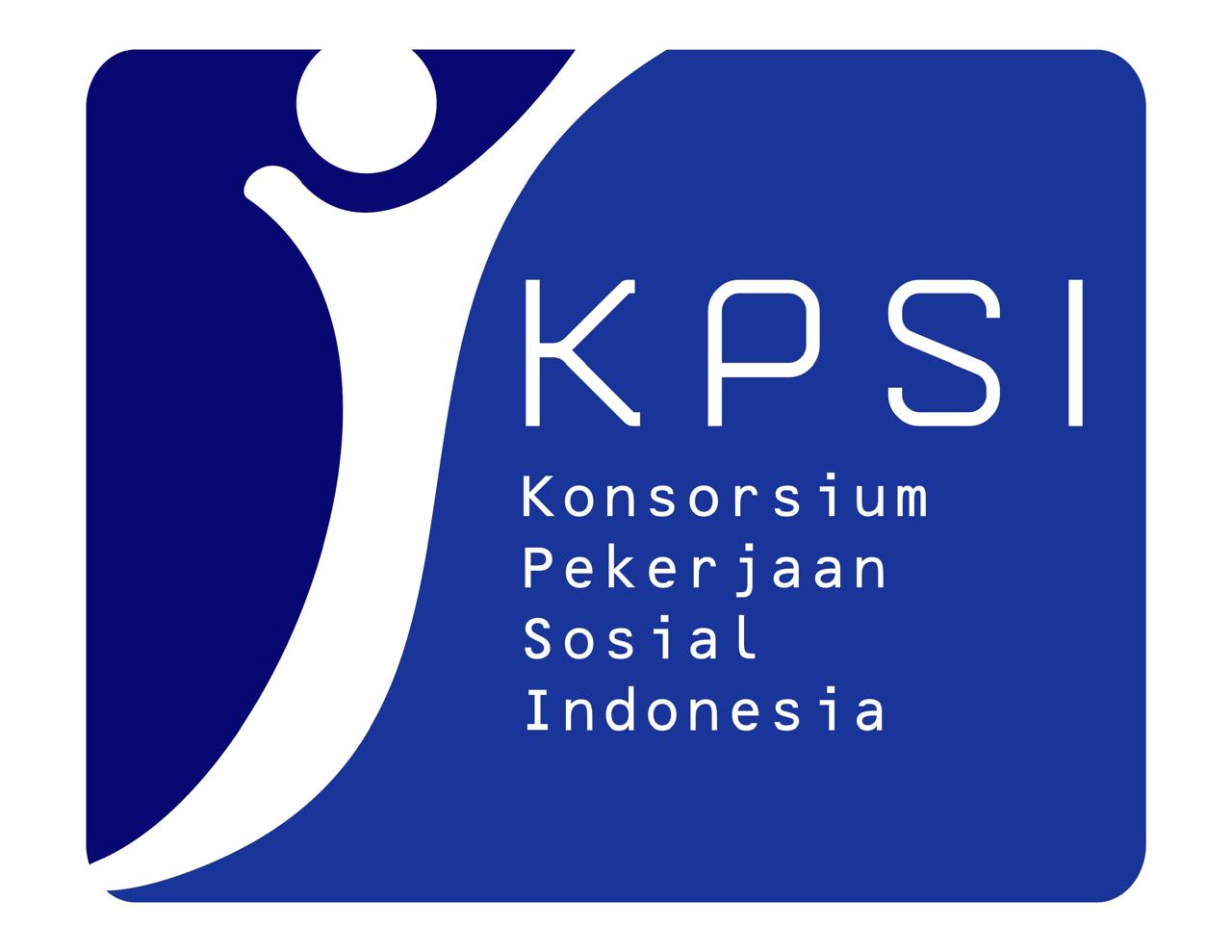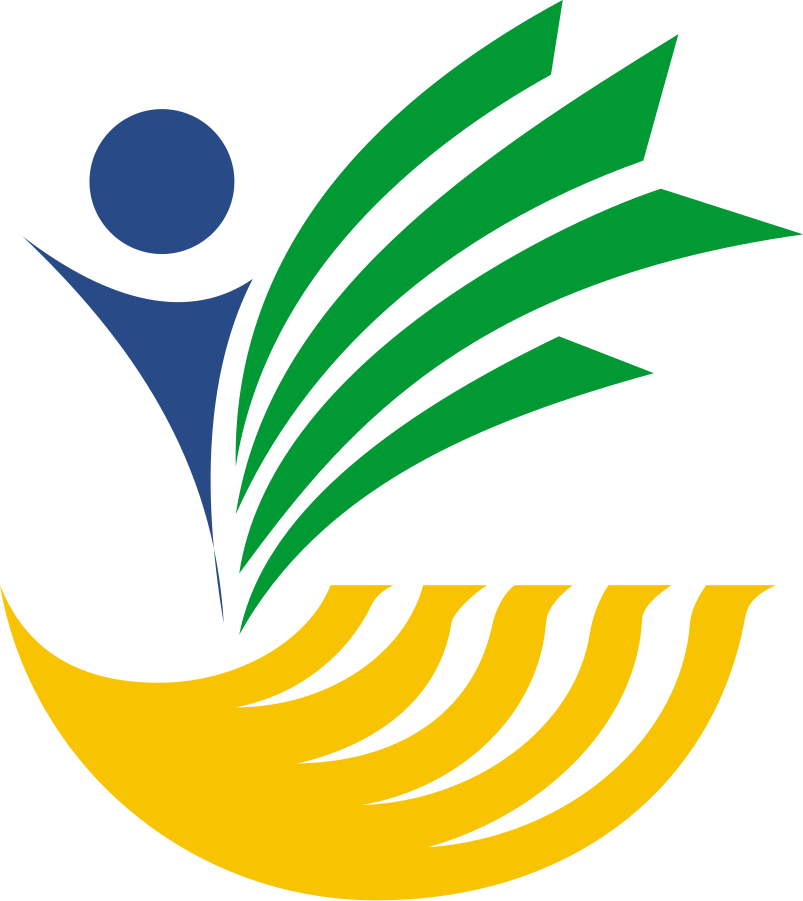Stress Management for Improved Living and Empowerment (SMILE): A Proposed Culturally Adapted Mindfulness-Based Program for Social Workers in the Philippines
Keywords:
Social worker, mindfulness-based intervention, cultural adaptation, stress management, intervention modelAbstract
Abstract
Social workers are essential in human service organizations as they play an important role in the implementation of programs and in addressing the needs of diverse populations. However, their well-being and performance can suffer due to the stress and challenges inherent in their work environments. This paper aims to address the urgent need to respond to social workers’ self-care needs by exploring the potential of a culturally adapted mindfulness-based intervention in addressing issues such as stress and depression among social workers in the Philippines. Through a review of relevant literature, this paper examined mindfulness-based intervention as an emerging self-care practice and approach to addressing work-related health issues. It proposed the development and assessment of the Stress Management for Improved Living and Empowerment (SMILE) program, which is a culturally tailored intervention designed to meet the unique needs of social workers. Pending successful evaluation of its feasibility, efficacy, and effectiveness, social welfare and human service organizations may implement the proposed intervention to promote self-care and empowerment among social workers.
References
Aperocho, M. D. B., Diansay, I. Z. Z., Naijal, D. L. M. E., & Drajido, K. A. (2022). Medical social workers’ social wellbeing: Tales from the frontliners. Philippine Journal of Social Development, 15(1), 113-127. https://cswcd.upd.edu.ph/knowledge-hub/philippine-journal-of-social-development/pjsd-15-2022/
Ashcroft, R., Sur, D., Greenblatt, A., & Donahue, P. (2022). The impact of the COVID-19 pandemic on social workers at the frontline: A survey of Canadian social workers. The British Journal of Social Work, 52(3), 1724-1746. https://doi.org/10.1093/bjsw/bcab158
Beer, O. W., Phillips, R., Stepney, L., & Quinn, C. R. (2020). The feasibility of mindfulness training to reduce stress among social workers: A conceptual paper. The British Journal of Social Work, 50(1), 243-263. https://doi.org/10.1093/bjsw/bcz104
Beer, O. W., Phillips, R., & Quinn, C. R. (2021). Exploring stress, coping, and health outcomes among social workers. European Journal of Social Work, 24(2), 317-330. https://doi.org/10.1080/13691457.2020.1751591
Bernal, G., Bonilla, J., & Bellido, C. (1995). Ecological validity and cultural sensitivity for outcome research: Issues for cultural adaptation and development of psychosocial treatments with Hispanics. Journal of Abnormal Child Psychology, 23, 67–82. https://doi.org/10.1007/BF01447045
Bernal, G., Jiménez-Chafey, M. I., & Rodríguez, M. M. D. (2009). Cultural adaptation of treatments: A resource for considering culture in evidence-based practice. Professional Psychology: Research and Practice, 40, 361–368. https://doi.org/10.1037/a0016401
Chima, F. O. (2005). Depression and the Workplace: Occupational Social Work Development and Intervention. Employee Assistance Quarterly, 19(4), 1–20. https://doi.org/10.1300/J022v19n04_01
Coffey, M., Dugdill, L., & Tattersall, A. (2004). Stress in social services: Mental wellbeing, constraints and job satisfaction. British Journal of Social Work, 34(5), 735-746. https://doi.org/10.1093/bjsw/bch088
Cohen, S., Kamarck, T., & Mermelstein, R. (1983). A global measure of perceived stress. Journal of Health and Social Behavior, 385–396. https://doi.org/10.2307/2136404.
Craigie, M., Slatyer, S., Hegney, D., Osseiran-Moisson, R., Gentry, E., Davis, S., Dolan, T., & Rees, C. (2016). A pilot evaluation of a mindful self-care and resiliency (MSCR) intervention for nurses. Mindfulness, 7(3), 764–774. https://doi.org/10.1007/s12671-016-0516-x
Department of Health. (2020). Your mind matters: DOH calls for unified response to mental health. Retrieved 07 February 2024 from https://businessmirror.com.ph/2020/10/14/doh-calls-for-unified-response-to-improve-mental-health-care/
Dillenburger, K. (2004). Causes and alleviation of occupational stress in child care work. Child Care in Practice, 10(3), 213-224. https://doi.org/10.1080/1357527042000244356
Downing, K., Brackett, M., & Riddick, D. (2021). Self-care management 101: Strategies for social workers and other frontline responders during the COVID-19 pandemic in rural communities. Journal of Human Behavior in the Social Environment, 31(1-4), 353-361. https://www.tandfonline.com/doi/full/10.1080/10911359.2020.1825265
D’Alessandro, A. (1995). Managed Behavioral Health Care: Provide Training and Development Manual, Vol. II, Clearwater, FL.
Garfin, D. R., Cipres, A. L., & Reyes, R. M. (2021). Mindfulness-based interventions to address psychological distress during COVID-19: applications and opportunities. Int J Complement Altern Med, 14, 64-67. https://doi.org/10.15406/ijcam.2021.14.00534
Gómez-García, R., Alonso-Sangregorio, M., & Llamazares-Sánchez, M. L. (2020). Burnout in social workers and socio-demographic factors. Journal of Social Work, 20(4), 463-482. https://doi.org/10.1177/1468017319837886
Grantoza C. J. (2017). In search of culturally sensitive factors in the translation of a western based approach to a Filipino intervention. [Unpublished Masteral Thesis]. Ateneo de Manila University.
Griffiths, A., Royse, D., Murphy, A., & Starks, S. (2019). Self-care practice in social work education: A systematic review of interventions. Journal of Social Work Education, 55(1), 102–114. https://doi.org/10.1080/10437797.2018.1491358.
Hosseinzadeh Asl, N. R. (2022). A randomized controlled trial of a mindfulness-based intervention in social workers working during the COVID-19 crisis. Current Psychology, 41(11), 8192-8199. https://doi.org/10.1007/s12144-021-02150-3
IFSW. (2018, July 2). Global social work statement of ethical principles. Retrieved 07 February
from https://www.ifsw.org/global-social-work-statement-of-ethical-principles/
Imperial, P. M., Abes, V. A. C., Ronquillo, M. J., & Vilegas, M. A. C. (2023). The Occupational Wellness Concerns and Self-Care Strategies of Filipino Medical Social Workers During The COVID-19 Pandemic. ASEAN Social Work Journal. https://doi.org/10.58671/aswj.v11i2.44
Ingram, R. (2013). Emotions, social work practice and supervision: An uneasy alliance? Journal of social work practice, 27(1), 5-19. https://doi.org/10.1080/02650533.2012.745842
Josefsson, T., Lindwall, M., & Broberg, A. G. (2012). The effects of a short-term mindfulness based intervention on self-reported mindfulness, decentering, executive attention, psychological health, and coping style: Examining unique mindfulness effects and mediators. Mindfulness, 5, 18-35. https://doi.org/10.1007/s12671-012-0142-1.
Kabat-Zinn, J. (1994). Wherever You Go, There You Are: Mindfulness Meditation in Everyday Life. New York, Hyperion.
Kim, H., & Kao, D. (2014). A meta-analysis of turnover intention predictors among US child welfare workers. Children and Youth Services Review, 47, 214-223. https://doi.org/10.1016/j.childyouth.2014.09.015
Kulis, S. S., Marsiglia, F. F., Cutrín, O., Munyuwiny, S., Huang, C. K., Gresenz, K., & Campos,
A. P. (2023). Feasibility, acceptability and utility of the evidence-based “keepin’it REAL” Substance Use Prevention Program for Early Adolescents in Kenyan Schools. African Journal of Alcohol and Drug Abuse, 9(1), 41-59. https://www.ajol.info/index.php/ajada/article/view/259640
Lawson, E., & Das, D. (2020). To leave or to stay? The differential factors that determine turnover and retention of Massachusetts social workers. International Journal of Public Sector Performance Management, 6(4), 566-586. https://doi.org/10.1186/s12913-021-07435-8
Lazarus, R. S., & Folkman, S. (1984). Stress, appraisal, and coping. Springer.
Lloyd, C., King, R., & Chenoweth, L. (2002). Social work, stress and burnout: A review. Journal of mental health, 11(3), 255-265. https://doi.org/10.1080/09638230020023642
Lovibond, P. F., & Lovibond, S. H. (1995). The structure of negative emotional states: Comparison of the depression anxiety stress scales (DASS) with the beck depression and anxiety Inventories. Behavior Research and Therapy, 33, 335–343.
Maddock, A., McCusker, P., Blair, C., & Roulston, A. (2021). The Mindfulness-Based Social Work and Self-Care Programme: A mixed methods evaluation study. The British Journal of Social Work, bcab203. https://doi.org/10.1093/bjsw/bcab203
Maddock, A., McGuigan, K., & McCusker, P. (2023). A randomised trial of Mindfulness-based Social Work and Self-Care with social workers. Current Psychology, 1-14. https://doi.org/10.1007/s12144-023-04410-w
Manotas, M. A. (2012). Brief mindfulness training to improve mental health with Colombian healthcare professionals (Order No. 3545006). Available from ProQuest Dissertations & Theses Global; Publicly Available Content Database. (1238203994). http://login.ezproxy1.lib.asu.edu/login?url=https://www.proquest.com/dissertations-theses/brief-mindfulness-training-improve-mental-health/docview/1238203994/se-2
Maravilla, N., & Tan, M. (2021). Philippine mental health act: Just an act? A call to look into the
bi-directionality of mental health and economy. Frontiers in Psychology, 12, 706483. https://doi.org/10.3389/fpsyg.2021.706483
Marsiglia, F. F., Medina-Mora, M. E., Gonzalvez, A., Alderson, G., Harthun, M., Ayers, S., ... &
Kulis, S. (2019). Binational cultural adaptation of the keepin’it REAL substance use prevention program for adolescents in Mexico. Prevention Science, 20, 1125-1135. https://doi.org/10.1007/s11121-019-01034-0
Martinez, A. B., Co, M., Lau, J., & Brown, J. (2020). Filipino helpseeking for mental health
problems and associated barriers and facilitators: A systematic review. Social Psychiatry and Psychiatric Epidemiology, 55(11), 1397–1413. https://doi.org/10.1007/s00127-020-01937-2
Maslach, C., Jackson, S. & Leiter, M. (1996). Maslach Burnout Inventory Manual. Palo Alto: Consulting Psychologists Press.
Mesa, M. L. R. A., & Lopez, G. D. (2023). The effect of an adapted mindfulness program on
depression, stress, and self-compassion: A pilot study among Filipino public school teachers. Psychological Studies, 68(4), 521-533. https://doi.org/10.1007/s12646-023-00744-4
NASW. (2020). Self-care for social workers. National Association of Social Workers.
Retrieved 13 February 2024 from https://www.socialworkers.org/Practice/Infectious-Diseases/Coronavirus/Self-Care-During-the-Coronavirus-Pandemic
Peinado, M. and Anderson, K. (2020). Reducing social worker burn-out during COVID-19. International Social Work, 63(6), 757–760. https://doi.org/10.1177/0020872820962196
Quinn-Lee, L., Olson-McBride, L., & Unterberger, A. (2014). Burnout and death anxiety in
hospice social workers. Journal of social work in end-of-life & palliative care, 10(3), 219-239. https://doi.org/10.1080/15524256.2014.938891
Sutcliffe, K. M., Vogus, T. J., & Dane, E. (2016). Mindfulness in organizations: A cross-level
review. Annual review of organizational psychology and organizational behavior, 3, 55-81. https://doi.org/10.1146/annurev-orgpsych-041015-062531
Uclaray, A. C., Benitez, J. B., Llantino, C. A., & Nayra, E. M. (2022). Social workers’ roles, challenges, and lessons learned during the COVID-19 pandemic in Albay, Bicol. Philippine Journal of Social Development, 15(1), 128-146. https://cswcd.upd.edu.ph/knowledge-hub/philippine-journal-of-social-development/pjsd-15-2022/
Virgili, M. (2015). Mindfulness-based interventions reduce psychological distress in working adults: a meta-analysis of intervention studies. Mindfulness, 6(2), 326-337. https://doi.org/10.1007/s12671-013-0264-0
Vleeshouwers, J., Knardahl, S., & Christensen, J. O. (2016). Effects of psychological and social
work factors on self-reported sleep disturbance and difficulties initiating sleep. Sleep, 39(4), 833-846. https://doi.org/10.5665/sleep.5638
Vonderlin, R., Biermann, M., Bohus, M., & Lyssenko, L. (2020). Mindfulness-based programs
in the workplace: A meta-analysis of randomized controlled trials. Mindfulness, 11(7), 1579–1598. https://doi.org/10.1007/s12671-020-01328-3
Zastrow, C. (1984). Understanding and preventing burn-out. British Journal of Social Work, 14,
–155.
Downloads
Published
How to Cite
Issue
Section
License
Copyright (c) 2025 Exxon Susmerano

This work is licensed under a Creative Commons Attribution-NonCommercial-ShareAlike 4.0 International License.



























